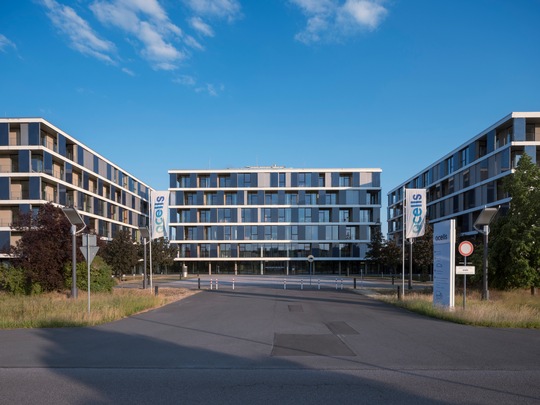From pv magazine Germany
South Korea-based solar module manufacturer Hanwha Qcells is still in patent litigation with photovoltaic competitors in various regions of the world over possible infringement of its patents for a passivation technology.
Now, it also owns the intellectual property rights to Laser Enhanced Contact Optimization (LECO) technology thanks to the finalization of the acquisition of Cell Engineering (CE).
CE started to develop this manufacturing process in 2017 and cooperated than with Hanwha Qcells in transfering it to mass production.
The LECO technique is reportedly able to raise PERC and TOPCon solar cell efficiency by between 0.2% and 0.5%. It reportedly achieves a high throughput through a lean and cost-effective laser treatment.
South Korea-based solar module manufacturer Hanwha Qcells is still in patent litigation with photovoltaic competitors in various regions of the world over possible infringement of its patents for a passivation technology.
Now, it also owns the intellectual property rights to Laser Enhanced Contact Optimization (LECO) technology thanks to the finalization of the acquisition of Cell Engineering (CE).
CE started to develop this manufacturing process in 2017 and cooperated than with Hanwha Qcells in transfering it to mass production.
The LECO technique is reportedly able to raise PERC and TOPCon solar cell efficiency by between 0.2% and 0.5%. It reportedly achieves a high throughput through a lean and cost-effective laser treatment.
“After working very closely with CE, the acquisition of the company by Qcells felt like the next logical step in order to fulfill the complete potential of the LECO technology,” said Jörg Müller, head of Qcells R&D.
Danielle Merfeld, the Global CTO of Qcells, noted the willingness of Qcells and CE to collaborate with other industry players to leverage the advantages of LECO technology in the solar sector.
“However, Qcells does not tolerate any unlawful usage of the LECO technology, and is fully committed to defending its intellectual property rights to ensure that the solar industry can continue to pursue its research and development activities with confidence,” said Merfeld.
This content is protected by copyright and may not be reused. If you want to cooperate with us and would like to reuse some of our content, please contact: editors@pv-magazine.com.




By submitting this form you agree to pv magazine using your data for the purposes of publishing your comment.
Your personal data will only be disclosed or otherwise transmitted to third parties for the purposes of spam filtering or if this is necessary for technical maintenance of the website. Any other transfer to third parties will not take place unless this is justified on the basis of applicable data protection regulations or if pv magazine is legally obliged to do so.
You may revoke this consent at any time with effect for the future, in which case your personal data will be deleted immediately. Otherwise, your data will be deleted if pv magazine has processed your request or the purpose of data storage is fulfilled.
Further information on data privacy can be found in our Data Protection Policy.